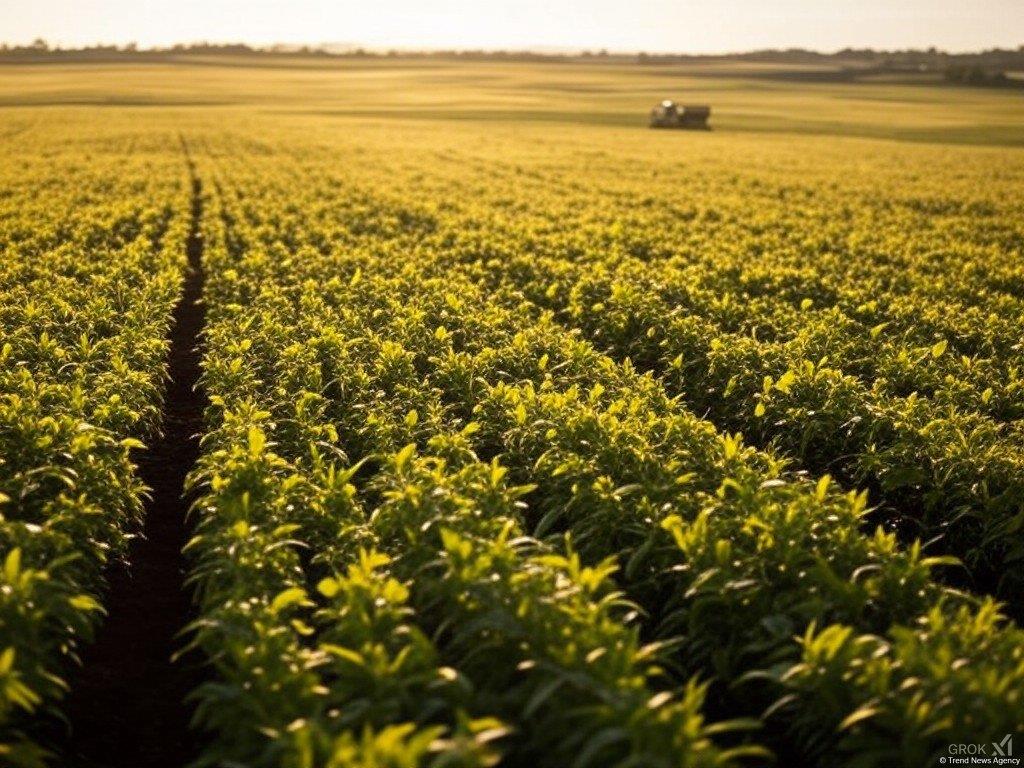
Turkmenistan's Agricultural Sector Outlines Growth, Exceeds Investment Targets
According to the report, the agricultural sector's overall growth rate reached 114.2 percent compared to the same period last year. The Ministry of Agriculture achieved 106.1 percent, while the State Water Management Committee recorded 128.2 percent, and the State Concern Türkmenpagta-responsible for cotton production-fulfilled its plan at 131.1 percent. The investment development plan was completed at 254.9 percent, demonstrating high investment activity in rural development and infrastructure.
Seasonal agronomic operations are currently in full swing across
the nation's regional agricultural zones. Wheat cultivation is
undergoing precision irrigation aligned with agronomic
specifications, while the cotton harvest persists, emphasizing the
optimization of final yield collection for the season.
Atakhalliyev underscored that the favorable outcomes are indicative
of the administration's unwavering backing for the agricultural
sector, strategically designed to bolster food security and enhance
the operational efficacy of the agro-industrial complex.
Turkmenistan's agrarian sector, crucial yet impeded by its arid climatic conditions, predominantly focuses on the cultivation of cotton and wheat. These crops necessitate extensive and suboptimal irrigation practices sourced from the Amu Darya, a significant contributor to the desiccation of the Aral Sea.
Despite the diversification of the economic landscape, the agricultural sector continues to hold substantial relevance, yielding staple crops such as melons, various fruits, vegetables, and grains, in conjunction with livestock production. However, it grapples with challenges stemming from governmental oversight of marketing mechanisms and suboptimal water resource management practices.

Legal Disclaimer:
MENAFN provides the
information “as is” without warranty of any kind. We do not accept
any responsibility or liability for the accuracy, content, images,
videos, licenses, completeness, legality, or reliability of the information
contained in this article. If you have any complaints or copyright
issues related to this article, kindly contact the provider above.
















Comments
No comment